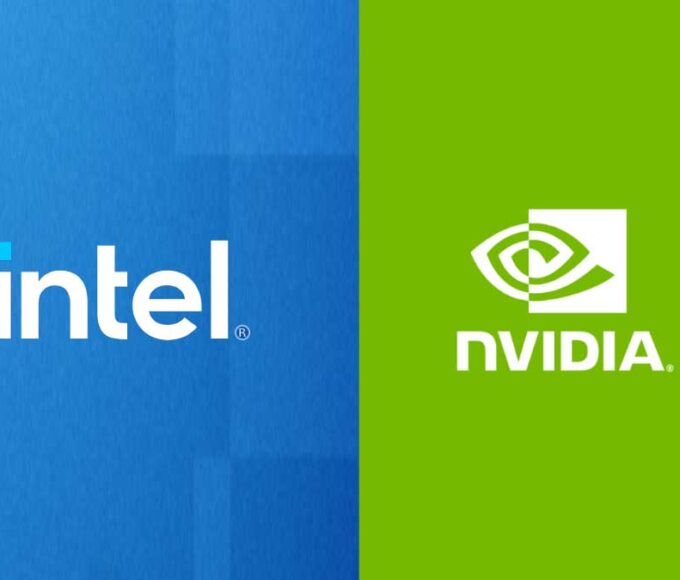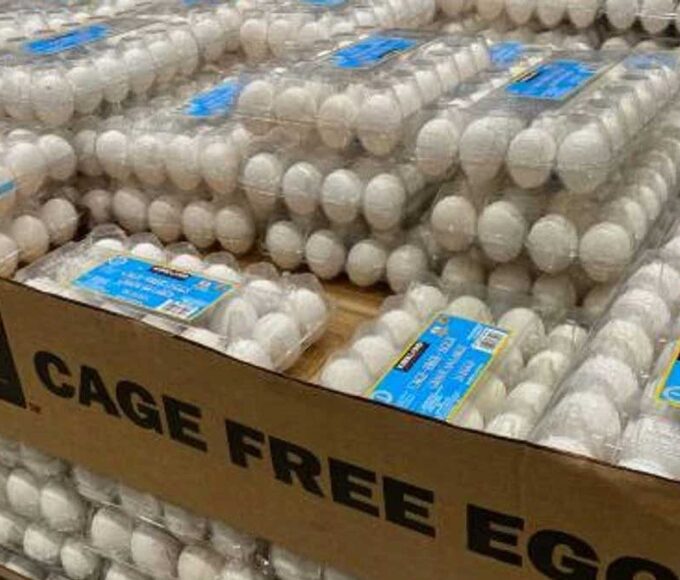- Home
- Billionaires
- Investing Newsletters
- 193CC 1000
- Article Layout 2
- Article Layout 3
- Article Layout 4
- Article Layout 5
- Article Layout 6
- Article Layout 7
- Article Layout 8
- Article Layout 9
- Article Layout 10
- Article Layout 11
- Article Layout 12
- Article Layout 13
- Article Layout 14
- Article Sidebar
- Post Format
- pages
- Archive Layouts
- Post Gallery
- Post Video Background
- Post Review
- Sponsored Post
- Leadership
- Business
- Money
- Small Business
- Innovation
- Shop
Recent Posts
UniDoc Health Launches Mobile ‘Health Cube’ for Remote Care

UniDoc Health, a Vancouver-based company, is revolutionizing healthcare accessibility with the launch of the H3 Health Cube, a portable, AI-powered clinic designed to deliver medical care to underserved regions. This compact, shippable unit functions as a virtual hospital, bringing essential medical services to remote areas, where traditional healthcare infrastructure may be lacking or entirely absent.
UniDoc Health’s innovative solution addresses the global issue of limited access to comprehensive medical care, particularly in rural and conflict-stricken areas. The company aims to bridge the gap in healthcare services, which is a pressing concern in regions with limited transportation, inadequate infrastructure, or areas affected by political unrest. Antonio Baldassarre, CEO of UniDoc Health, emphasized this point, stating that the Health Cube can offer robust medical care where it’s most needed, easing the burden on local hospitals and clinics. “The H3 Health Cube can help fill the gap for care and reduce the burden placed on hospitals and local clinics by offering robust medical care access independently of existing infrastructure,” he explained.
The H3 Health Cube is a self-contained medical facility about a third the size of a standard shipping container, designed to be easily transportable to any location. Despite its compact size, it is equipped with a wide array of medical tools, high-tech diagnostic equipment, and a real-time automated triage system. This makes it possible for patients in remote areas to have comprehensive medical appointments, even when local doctors aren’t available. The integration of sensors, communication technologies, and medical devices ensures that the Health Cube can provide quality healthcare services with minimal logistical constraints.
Each Health Cube comes fully equipped with sanitation facilities, lighting, a security system, as well as furniture, such as a bed and chair. Additionally, it has a wheelchair ramp for accessibility. The tech infrastructure includes a computer, webcam, and power supply, with monitors and keyboards, ensuring that medical staff can interact with patients remotely or analyze diagnostic data. The medical equipment installed in the Cube includes a USB electronic stethoscope, a VersaScope, an all-in-one vital signs monitor measuring SpO2, blood pressure, pulse rate, and temperature, an electronic scale, a touch-ECG system, ultrasound capabilities, and a TD-4216 rapid blood and urine testing system.
Beyond its standard tools, the Health Cube is compatible with over 400 additional medical devices, allowing for customization based on the needs of the location. Optional devices include advanced vital signs monitors, lab testing equipment, colonoscopy instruments, and even a CT scanner. This flexibility makes the Health Cube adaptable to various medical situations and patient requirements, from routine checkups to emergency interventions, ensuring that critical care is available anywhere it is needed.
UniDoc Health has already started deploying the Health Cube to areas where healthcare access is most limited. The first five units have been shipped to organizations like the Aiutiamoli a Vivere Foundation, which will deploy them to Ukraine and the Gaza Strip, regions where access to healthcare has been severely restricted due to ongoing conflicts. One of the Health Cubes will also be sent to Aliano, a remote village in Italy, where local hospitals are far away and difficult to reach. Another unit will be sent to the Hope Ukraine Foundation to aid Okhmatdyt, the largest children’s hospital in Ukraine, which was heavily damaged in a missile strike in July.
The introduction of the Health Cube is seen as a significant improvement in healthcare accessibility for remote areas. Aliano’s mayor, Luigi De Lorenzo, commented on the importance of the Health Cube in his community, noting that its deployment would be a major step forward in providing better healthcare assistance to Aliano and its surrounding areas. The village faces a serious challenge due to the considerable distance from regional hospitals, making the Health Cube a potentially life-saving resource.
The need for mobile healthcare solutions like the Health Cube is not confined to conflict zones or remote villages. In the United States alone, approximately 30 million people live in “medical deserts,” regions that are at least a 60-minute drive from the nearest hospital. These areas can be found in both rural and urban settings, including places like Chicago and Los Angeles. The U.S. government also predicts that by 2025, the country will face a shortage of up to 20,000 primary care doctors in rural areas. The situation is expected to worsen unless innovative healthcare solutions, like the Health Cube, are introduced to fill the gap.
In such circumstances, the Health Cube could represent the future of medical care, especially as AI technology continues to advance. The unit’s integration of artificial intelligence allows it to carry out automated triage assessments, helping medical professionals to prioritize patient care and make more accurate decisions remotely. Even if AI doesn’t fully replace the need for human doctors, it can significantly improve the efficiency and accessibility of medical services, making it possible for specialists to work from anywhere in the world while providing care to people in remote locations or disaster zones.
The potential for the Health Cube to address healthcare shortages in both rural and urban settings could be transformative. As it becomes more widely adopted, the Health Cube could redefine the way healthcare is delivered, bringing critical care to places where it was previously unavailable. Whether in war-torn regions, remote villages, or underserved urban areas, the H3 Health Cube is poised to be a game-changer in global healthcare accessibility.
In conclusion, UniDoc Health’s H3 Health Cube represents a revolutionary approach to providing medical care where it’s needed most. With its compact design, integrated medical devices, and the ability to deliver real-time, AI-powered assessments, the Health Cube could be the key to solving many of the healthcare challenges faced by remote and underserved communities worldwide. Whether it’s in conflict zones, rural areas, or medical deserts, the Health Cube could bring much-needed healthcare to the people who need it most.
Recent Posts
Categories
- 193cc Digital Assets2
- 5G1
- Aerospace & Defense46
- AI37
- Arts3
- Banking & Insurance11
- Big Data3
- Billionaires462
- Boats & Planes1
- Business328
- Careers13
- Cars & Bikes76
- CEO Network1
- CFO Network17
- CHRO Network1
- CIO Network1
- Cloud10
- CMO Network18
- Commercial Real Estate7
- Consultant1
- Consumer Tech180
- CxO1
- Cybersecurity68
- Dining1
- Diversity, Equity & Inclusion4
- Education7
- Energy8
- Enterprise Tech29
- Events11
- Fintech1
- Food & Drink2
- Franchises1
- Freelance1
- Future Of Work2
- Games141
- GIG1
- Healthcare78
- Hollywood & Entertainment186
- Houses1
- Innovation42
- Investing2
- Investing Newsletters4
- Leadership65
- Lifestyle11
- Manufacturing1
- Markets20
- Media193
- Mobile phone1
- Money13
- Personal Finance2
- Policy567
- Real Estate1
- Research6
- Retail1
- Retirement1
- Small Business1
- SportsMoney33
- Style & Beauty1
- Success Income1
- Taxes2
- Travel10
- Uncategorized8
- Vices1
- Watches & Jewelry2
- world's billionaires431
Related Articles
What Healthcare Can Learn from Nvidia’s Success
The tech industry is undergoing a seismic transformation, with two of its...
By 193cc Agency CouncilDecember 16, 2024Salmonella Triggers Recalls of Costco Eggs and Cucumbers
The recent salmonella outbreak has prompted the recall of two major food...
By 193cc Agency CouncilNovember 30, 2024Bird Flu Found in Raw Milk in California, Recall Issued
California health authorities have confirmed the presence of the bird flu virus...
By 193cc Agency CouncilNovember 25, 2024CDC Links Onions to McDonald’s E. Coli Cases Now at 90
The Centers for Disease Control and Prevention (CDC) announced on Wednesday that...
By 193cc Agency CouncilOctober 31, 2024















Leave a comment